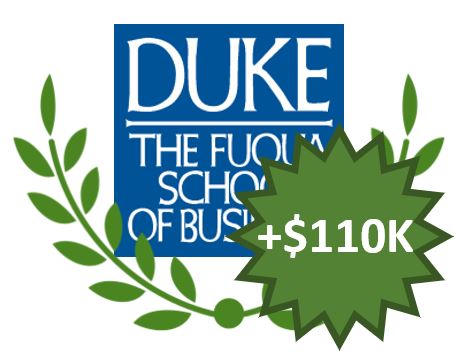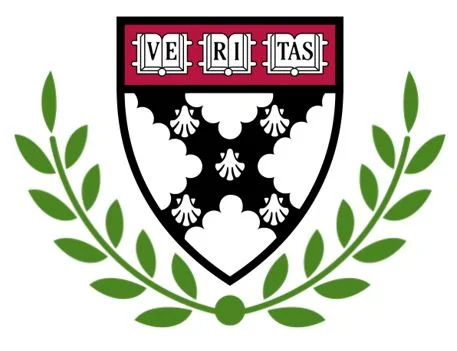Takeaways from HBS's first year without Round 3, and what is to come
/HBS’s admissions director Chad Losee announced HBS’s 2019-2020 application due dates, keeping the same essay prompt: “As we review your application, what more would you like us to know as we consider your candidacy for the Harvard Business School MBA Program?”. He also announced that HBS would continue to only have two admissions rounds, instead of the usual three - the last one it dropped this past year.
Many applicants have asked us what the loss of Round 3 would mean for their applications. Now that we have seen what Year 1 looked like, we feel that we are able to provide the following answers:
1. If you can, apply early!
If you are a traditional applicant (consulting, finance, fortune 500), the unspoken rule is that you need to apply in Round 1. That is when HBS is expecting you to apply and so that is when it is going to give away almost all of the admissions spots for your industry.
Even if you are not a traditional candidate, it is always a good idea to apply early. While HBS offers only need-based financial aid, other schools use merit-based aid to woo desirable candidates (check out our testimonials section to see just how much money some of these schools shell out). Almost all of that money is issued to those admitted in Round 1, so if you feel like saving upwards of $100,000 on your MBA, apply early so you can get it.
2. HBS waitlist decisions are made quickly, so engage early
Normally we see HBS accumulate candidates with great stats but only okay narratives on its waitlist, culling them in Round 3 and keeping a small, chosen few on through the “summer melt” phase where they admit students only to replace another admit who had to decline for one reason or another. This year, we saw HBS give definitive yes-or-no decisions earlier in the process, coinciding with the Round 2 notification date. Whereas in the past, a significant number of our clients would be kept on the waitlist until June, this year only a couple were. Everyone else was either admitted (most of them) or rejected.
What this means for you is that if you apply in Round 1 and are placed on the waitlist, you cannot afford to wait or be silent. You need to engage with the admissions committee right away as you have a much shorter timeline to plead your case. Put another way, as soon as you see that you’re on the waitlist, get in touch with us.
3. Other schools will wait-and-see (ride the waitlist!)
HBS enjoys something of a prime mover advantage. Because it and GSB are pretty much every applicant’s top 1 and 2 choice (not necessarily in that order), they can be reasonably sure that whoever they admit will accept their place and therefore the only students who drop from the class are the ones that are forced to for reasons beyond their control (military deployment, death in the family, illness, etc). That gives those two schools much more certainty in shaping their class and allows them to carry far fewer students on their waitlist.
In contrast, the rest of the M7 can never been too sure of their class composition because they are constantly losing admits to HBS and GSB when they get in off the waitlist or apply in subsequent rounds. This forces those other M7 schools to carry many more students on their waitlists, as well as admit many students from those waitlists.
The net effect is that if you are waitlisted at such a school, it is much more important for you to grit your teeth and ride the waitlist as there is a better chance of success than in years past.
4. Expect other schools to follow
HBS sets a lot of trends in MBA admissions, from making application dates earlier to streamlining the applications. While there are no immediate indications that other schools are going to follow HBS’s lead this year, it would be a safe assumption that some others will follow in the years to come. After all, Round 3 is traditionally a very small round at any school, comprising only around 10% of the admits in a given class.
If you are a few years away from applying, count on not having the Round 3 option available to you. Instead, reexamine your timeline and account for the fact that you will likely need to accelerate your applications to apply in Round 2 or delay them to apply in Round 1 of the following year.























